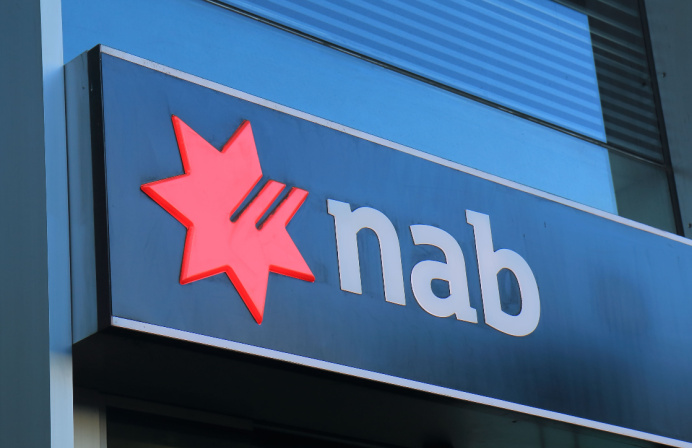
The Commonwealth Bank of Australia (CBA) has revealed it hired more than 900 engineers in the first half of FY24, as the bank moves to accelerate the development of artificial intelligence (AI) and Generative AI technologies.
Outlining the figures as part of the bank’s half-year financial results for 1H’24 (to the end of December 2023), CBA revealed that it added 927 new staff to its engineering team over the preceding six months.
As well, the bank wrote that it had “upskilled” more than 500 staff on AI tools “to democratise the responsible use of AI”.
CBA’s investments in artificial intelligence have yielded more than 50 GenAI use cases, the bank revealed as part of its H1’24 financial results document pack, which it said are being deployed to “simplify operational processes and support our frontline to serve our customers”.
These use cases – which were spun out of the bank’s large language model (LLM) experimentation arm, Gen.ai Studio – are, it said, “delivering highly accurate and usable responses to our staff to serve customers better and faster”.
The Gen.ai platform itself, which is hosted on the bank’s infrastructure and utilises its significant data stockpiles, is CBA’s own in-house ChatGPT-backed conversational AI tool, which can provide answers to questions posed by staff – for instance, in finding the best home loan rate for a customer, or in finding a particular PDS.
The bank added that its newfound GenAI capability has enabled a 30-fold increase in experimentation within its next best conversation (NBC) engine – an AI-backed decisioning engine used by the bank’s media, marketing and CX teams – compared against its current Customer Engagement Engine (CCE) A/B testing framework.
Launched in 2016, the CEE is the bank’s predictive artificial intelligence and analytics platform used to personalise customer experiences – for instance, in connecting CBA customers with personalised offers, subsidies, or pricing on products.
CBA notes it currently has around 1,000 adaptive models live across the CEE.
Tech expense bump
The bank reported an eight per cent, or $80 million, increase in information technology services expenses in the half year to a total of $1.1 billion. This increase was largely attributed to inflation, increased software licensing and cloud computing volumes, as well as higher amortisation.
As well, an insourcing push within its technology and engineering teams, notably within CBA’s fraud and cyber security functions, has contributed to a five per cent increase in staff expenses overall.
However, this was partly offset by productivity initiatives, including a reduction in the use of third-party service providers, the bank said.
Overall operating expenses for CBA were a little over $6 billion, an increase of four per cent, for the half year, largely driven by inflation as well as additional technology spend “to support the delivery of our strategic priorities”.
CBA reported a slight drop in its cash net profit after tax of $5 billion for H1’23, down three per cent on the previous corresponding period.





